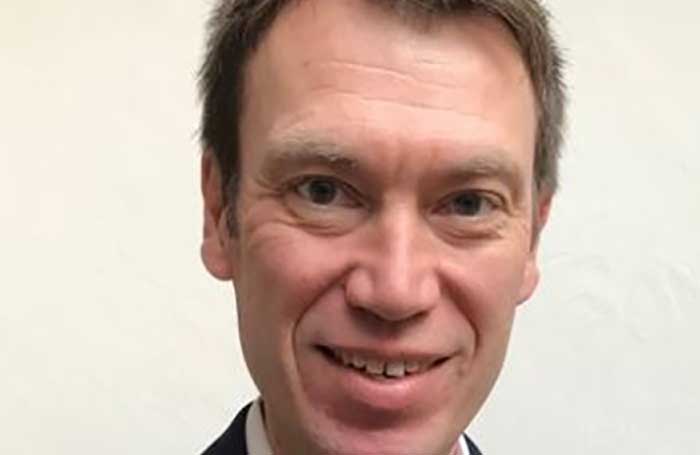
In a hybrid-working, employee-driven environment, employers need to be prepared for anything.
The 9-5 is becoming antiquated. The past two years of working from home followed by the much more recent hybrid working approach has been its death knell. But would the 9-5 way of working have fizzled out anyway? Probably, but likely not so quickly.
The pandemic has changed everything about the way we work and, with it, shifted the balance of power between employee and employer.
This power balance is always changing: in previous years, the employer appeared to hold all the shots. Now, things have shifted again. If the war for talent was a buzzword during the early 2000s, it’s reappearing again as a current trend.
Together with an aging workforce, the latest competition for talent means that attraction and retention is critical for business success. Organisations are having to fight harder to recruit and retain, offering higher salaries and/or more competitive benefits packages.
Employees are generally in a good position right now. They are placing more demands on employers, with the expectation that these demands will be met.
According to Aon’s Benefits and Trends Survey 2022, flexible working hours, agile/home working, better awareness and handling of mental health issues, a better approach to diversity, equity and inclusion (DEI) and clear environmental and sustainable policies were the top five of what employers believe their employees expect of them.
Employers, meanwhile, are under growing pressure to demonstrate they are meeting these needs, without paying lip service or greenwashing.
But what does this mean from a future of work perspective?
It means that employers must respond to changing employee needs and expectations in line with these forces, offering competitive employee benefits packages which appeal to all types of workers, while embracing and utilising available technology.
The ability to respond and adapt quickly is half the battle. When DEI issues first started to gain prominence in the corporate world, it was the more forward-thinking, agile employers that incorporated these issues into workplace strategy first and reaped the benefits. In the future, the same agile approach will be needed again – we just don’t know what it will be yet.
Not all employers are as agile or as proactive as they’d like. For example, 42% of employers admit they’re not currently meeting staff needs, despite 93% being aware that staff expectations are changing. That is quite a significant mismatch between demand and response.
At the same time, 81% say they “fully expect” to change their benefits offering to meet the needs of future generations. Health and wellbeing, in particular, will inevitably continue to drive future benefits strategy, given the long-term trends of an aging workforce and the fact that people are living and working longer. To this effect, 78% say they intend to focus on a preventative approach to healthcare in the future.
So what’s the lesson that can be gleaned from all this? It’s one of analysis, preparation and readiness to adapt. Using analysis to gain clarity and confidence to make better decisions, preparing for the eventualities and finally, being ready to respond.
If the pandemic has taught businesses one valuable lesson, it was the need to be flexible and responsive to change.
As we move forwards into this current hybrid-working, employee-driven world, employers need to be prepared for any eventuality to ensure they gain competitive advantage in an increasingly volatile world. It’s fair to say then, that the employers who aren’t ready and prepared for change – will inevitably – get left behind.
It brings to mind a quote from Peter Drucker, described as the founder of modern management: “The greatest danger in times of turbulence is not the turbulence itself, but to act with yesterday’s logic.”
Richard Morgan is principal – strategic consultant, at Aon